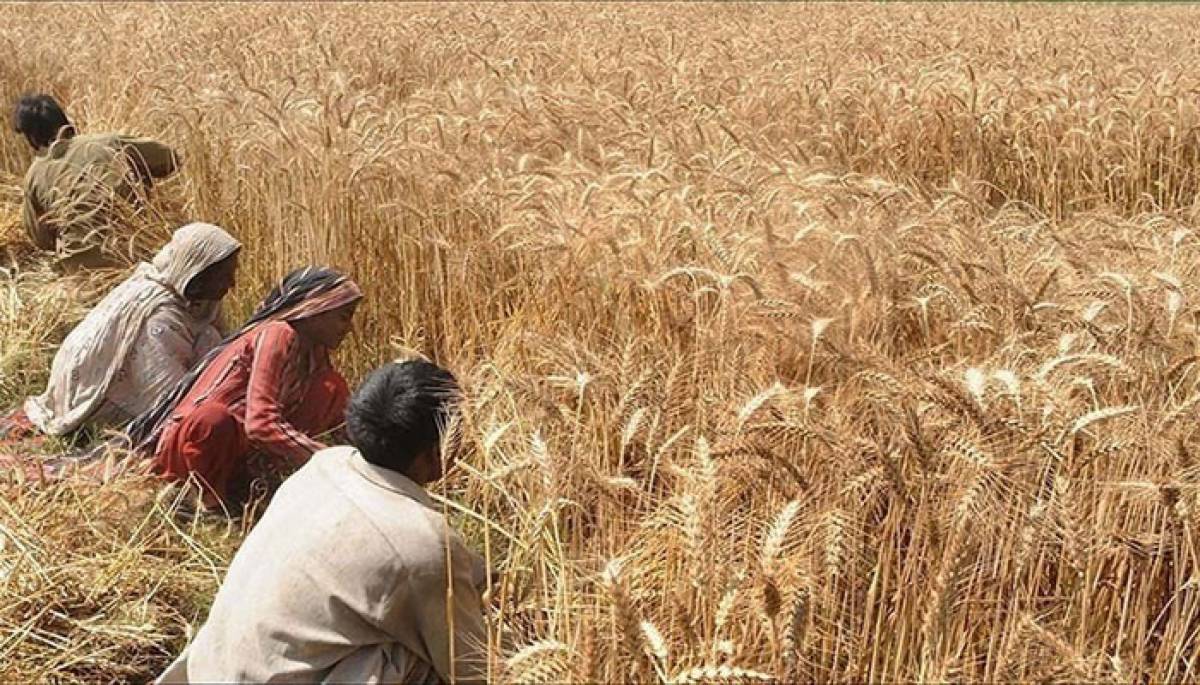Pakistan, in this heatwave, is experiencing a food deficit, especially in Balochistan and other remote areas.
Is India’s recent prohibition on wheat exports concerning the country’s grain supply? It is possible.
Pakistan will be on the surface unaffected because the two countries no longer conduct business together.
India’s wheat export prohibition is a response to the country’s escalating inflation problem. India does not have a shortage of wheat; rather, it is sitting on a pile of the crop. Only private exports have been restricted.
Meanwhile, Government-to-government agreements are still viable. Countries like Bangladesh, Nepal and Sri Lanka would be obviously getting wheat in the near future.
So, grain stocks in India are at a comfortable level, although wheat yields were severely affected by a heatwave and public sector institutions’ reduced procurement.
India’s export prohibition, on the other hand, could have a negative impact on Pakistan, which is already trying to secure a deal in excess of three million tonnes.
Anytime supply is removed from a system, it affects it in the entirety. So it’ll not only impact bangladesh but the entire wheat market. This just pushes up food inflation by another few notches. Quite scary given Pakistan might see 20-25% lower wheat production. Hoarding coming! https://t.co/VrIqqBom5W
— Javed Hassan (@javedhassan) May 14, 2022
The first thing to note is that Pakistan may only require 1.5 million tonnes of wheat imports in 2022-23 instead of the three million tonnes now forecasted by the Pakistan Agricultural Storage & Services Corporation Ltd. (PASSCO) and the Punjab Food Department.
Consequently, Pakistan’s import picture may not be as dire as the grain market had feared.
While India was able to purchase less than half of what it had the previous year, Pakistan’s public sector departments are nonetheless able to purchase a somewhat better amount than they did in 2013.
PASSCO and the Sindh Food Department are expected to purchase approximately 2.5 million tonnes of wheat by the end of the procurement campaign, which will cover the September-April period’s wheat needs.
Private sector wheat reserves currently stand at 1.5-1.8 million tonnes, which is less than what they should have in order to cover their own dry-period needs during May and September.
It is difficult to understand why the procurement effort has been pushed back indefinitely by policymakers. As a result, they should put the buying spree on hold in order to free up space for registered private buyers, such as mills of flour.
Wheat purchases by the private sector should be closely monitored by the Provincial Food Department. Grain theft will be a thing of the past if strict rules are enforced. Other sections of the country need stricter rules on wheat production. The country’s food supply would be adequately protected if the private sector purchased 2.7-3 million tonnes of wheat and the government-held 7.5-7.8 million tonnes of wheat.
However, given Afghanistan’s needs and the need to preserve strategic stockpiles, the current government needs to import 1.5 million tonnes of wheat. Wheat should be procured as quickly as workable from local markets for this reason. Price increases on the foreign market are feared, and the problem will only get worse if there is a scarcity.
Works at The Truth International Magazine. My area of interest includes international relations, peace & conflict studies, qualitative & quantitative research in social sciences, and world politics. Reach@ [email protected]










